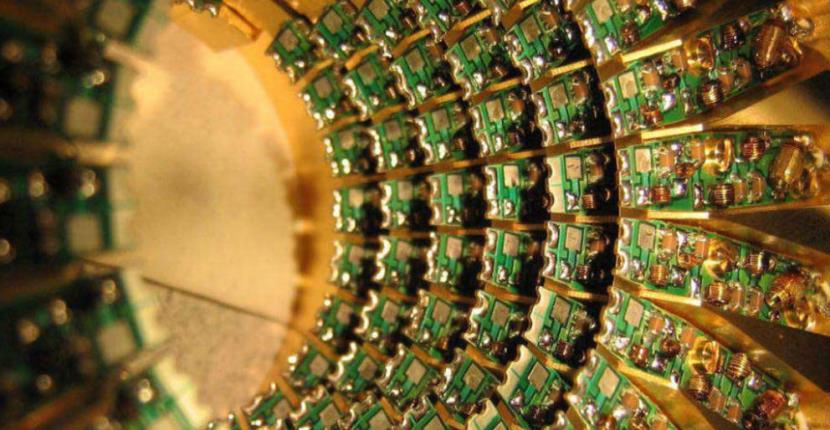
It seems that the most famous research centers on the planet are taking positions on various topics and subjects that, although until a few years ago they were not too interesting for it, now they seem to have gained a lot of strength. This time I want us to talk about quantum computing, a topic that already we tried a few weeks ago and that it becomes current again after the creation, by the Biomedical Engineering faculty at Harvard University, which today is considered the most powerful quantum computer on the planet.
At this point, it seems that many institutions are working to advance by leaps and bounds in quantum computing issues, a career where Harvard University has entered through the big door thanks to the work carried out by one of its star researchers, Mikhail lukin, a physicist trained at the Moscow Institute of Physics and Technology and co-founder of the Russian Center for Quantum Physics.

Harvard University has operating a quantum computer with 51 qbits
The result of the work carried out by the research group directed and coordinated by Lukin has resulted in the creation of a programmable quantum computer of no less than 51 qbits, which has just been listed as the most powerful on the planet because, today, the most powerful have little more than a dozen qbits.
Although the power of this unit is simply impressive, something that until months ago it was impossible to think of reaching something like this, the truth is that, for the moment, the true value of these systems is not too high since the capacities of storage are very limited. To understand this better I would like to refer to the words of John Martines at the IV International Conference on Quantum Technology that was held a few weeks ago in Moscow where the expert commented that it takes hundreds or thousands of qbits to get current algorithms to work.
Thanks to the work published by Harvard University, it seems that we are one step closer to being able to design and work with that universal quantum computer by which many institutions work within projects financed by large private and public institutions that are capable of invest many millions of dollars in the development of this technology.

Thanks to the work of Mikhail Lukin we are a little closer to this universal quantum computer that we all seek
As expected, although we are not aware of it, these private companies seek to extract profitability to this type of investment, despite the fact that it is very long-term. According to many of the researchers and experts in this field, this is the next technology capable of revolutionizing the world in a much more drastic way than we can imagine.
To understand much better what this new technology can offer us, tell you that unlike current computing, where bits can have two states, qbits can mean several states at the same time. This can be quite difficult to understand, since we need to have extensive knowledge of physics to know what we are talking about, even so, the result of this work could mean being able to do simultaneous calculations at an impressive speed.
If we put this in perspective, just tell you that one of these computers will be capable of break any encryption system we use todayAs sophisticated as it may seem, in just a handful of seconds, which makes it very clear what kind of capacity systems like this can bring.
Even so, as expected, there is still a lot of work ahead, both in the study of technology as such and in its development. As a detail, tell you that to be able to design a quantum computer with 51 qbits it has been necessary to work with a system based on cold atoms that is'they hold'in the air thanks to the action of a new generation of'optical tweezers'formed by a series of laser beams arranged in a special way so that the atoms can be cooled thanks to the energetic power with which they are'hit'.
Interesting, it's impressive how technology has advanced in recent years. I love that it goes this well.